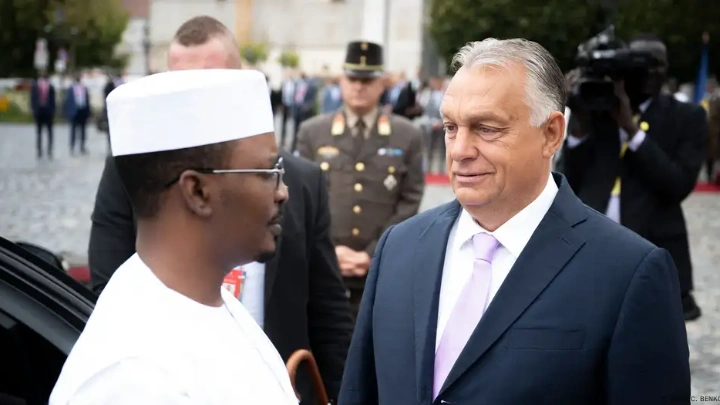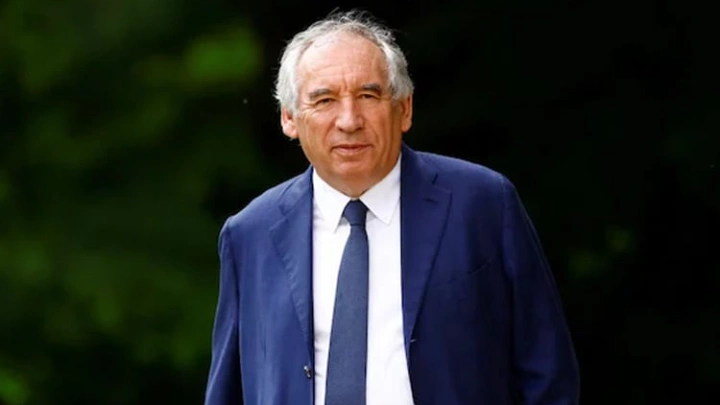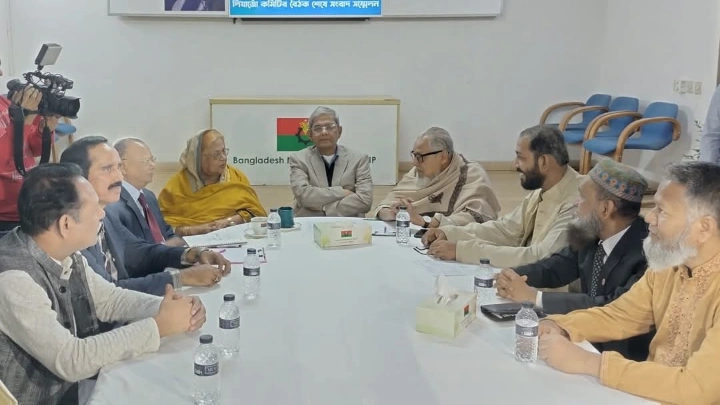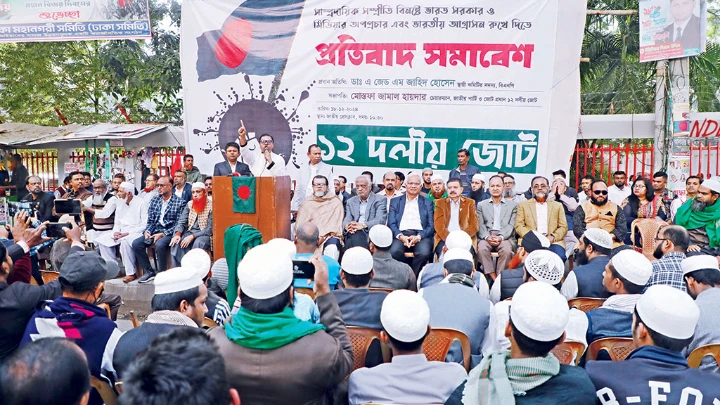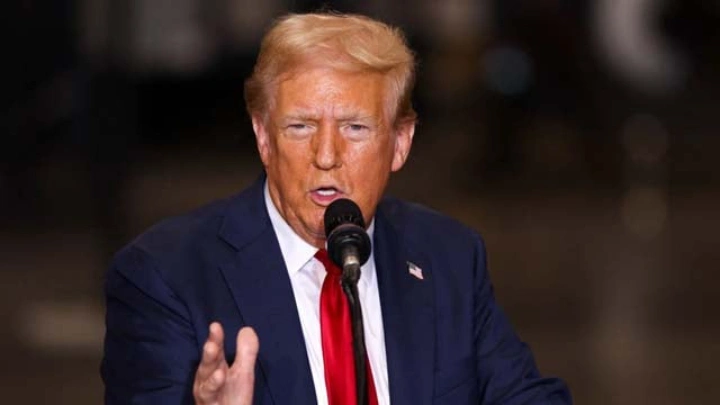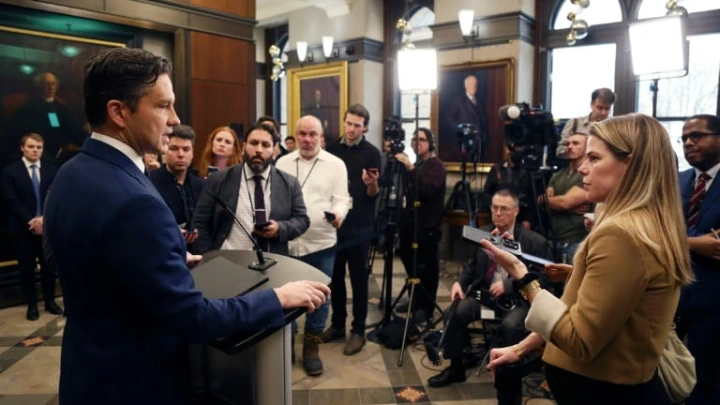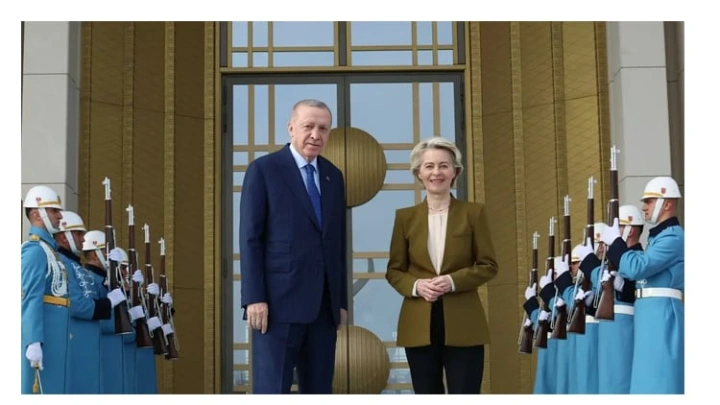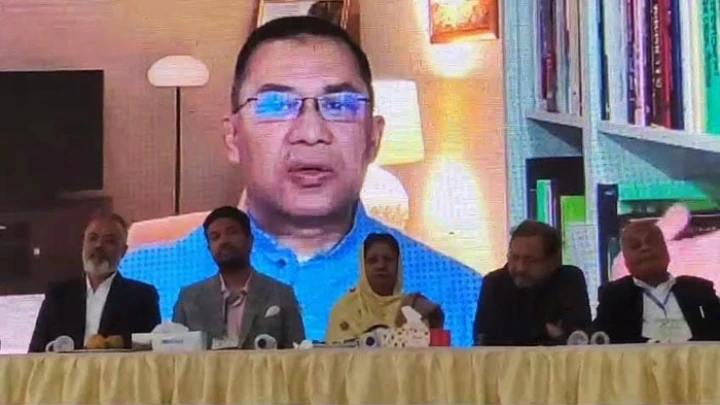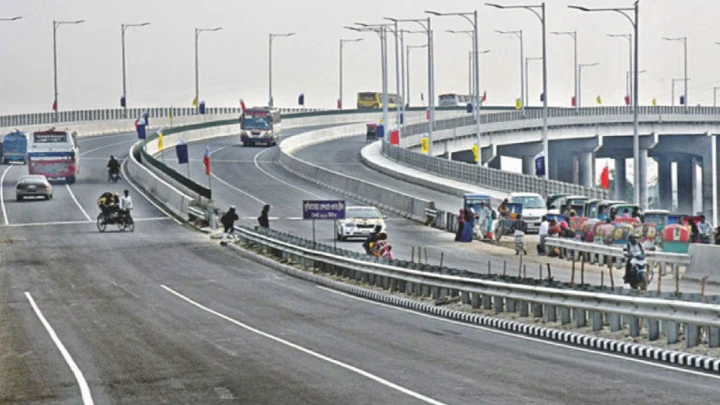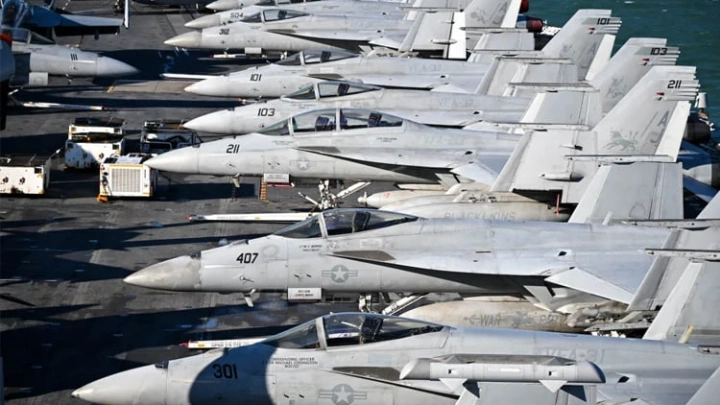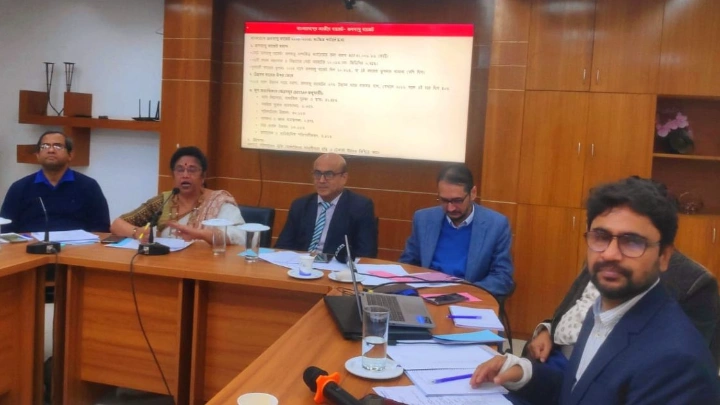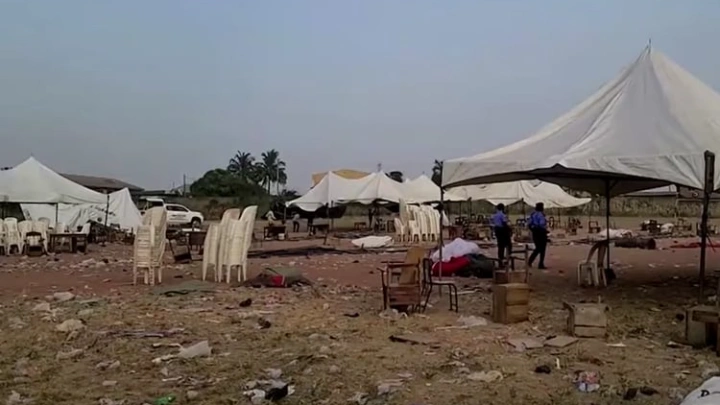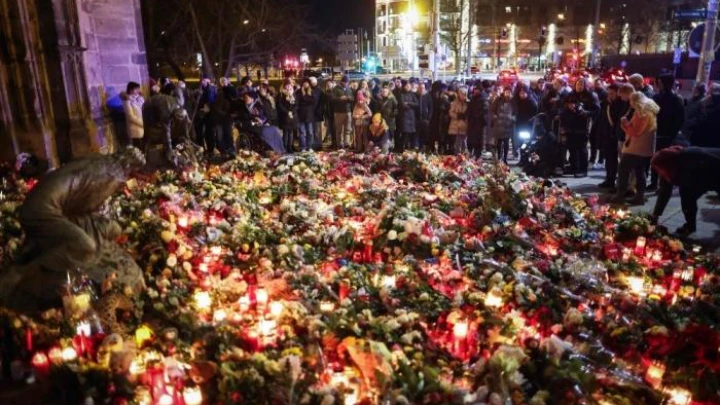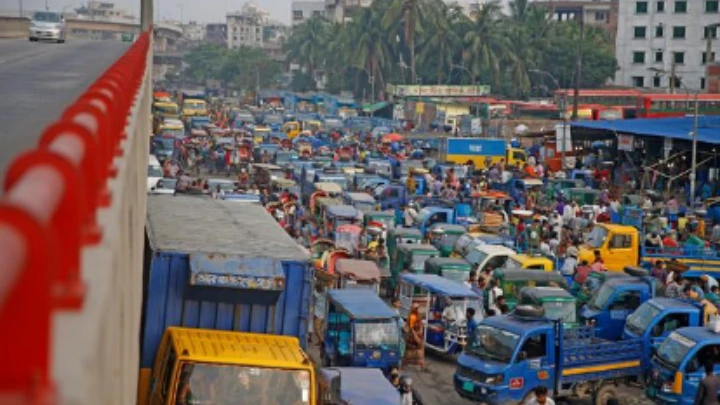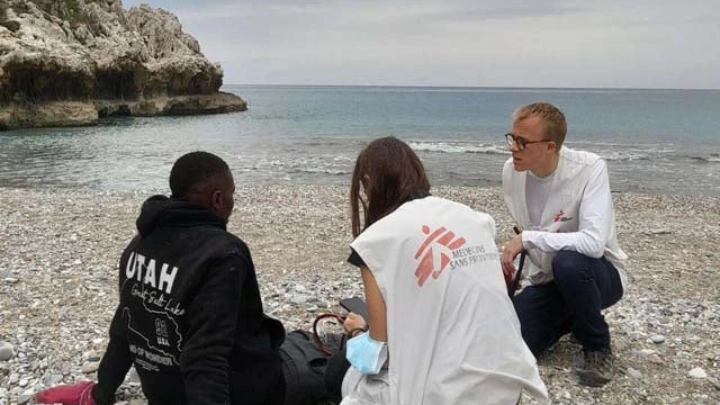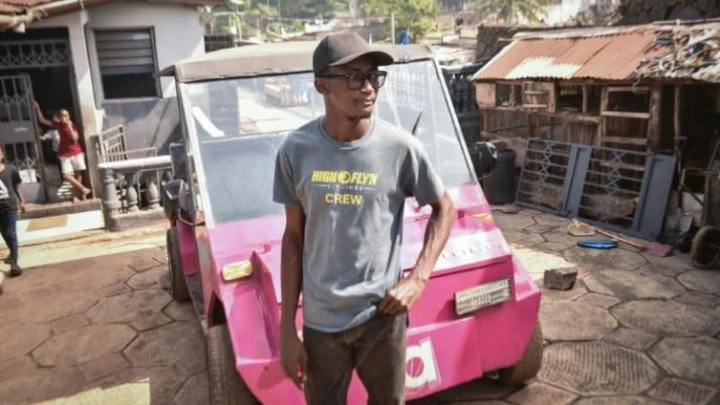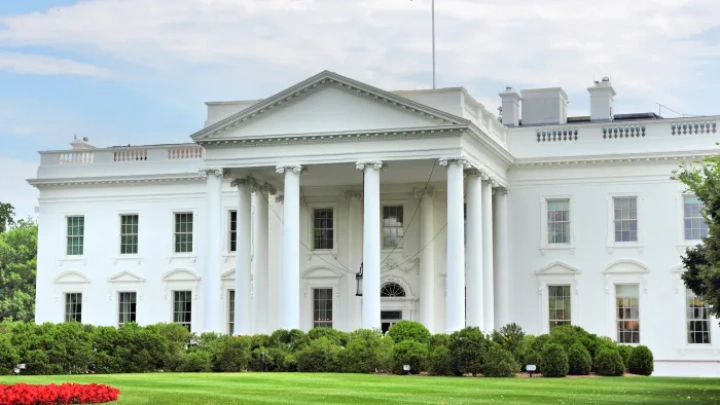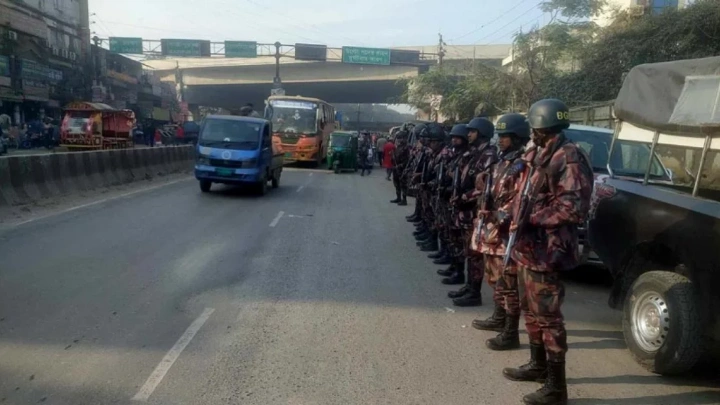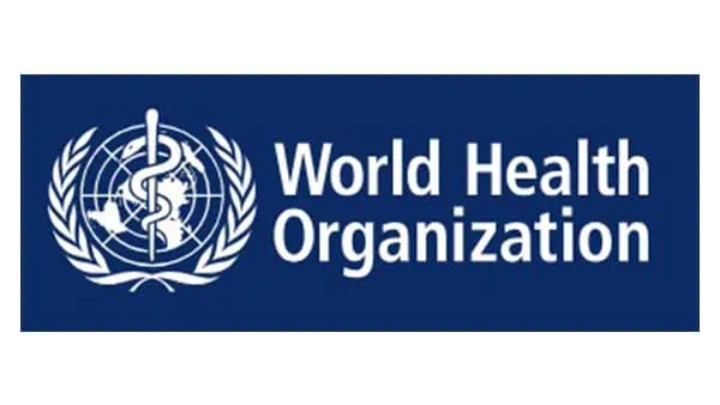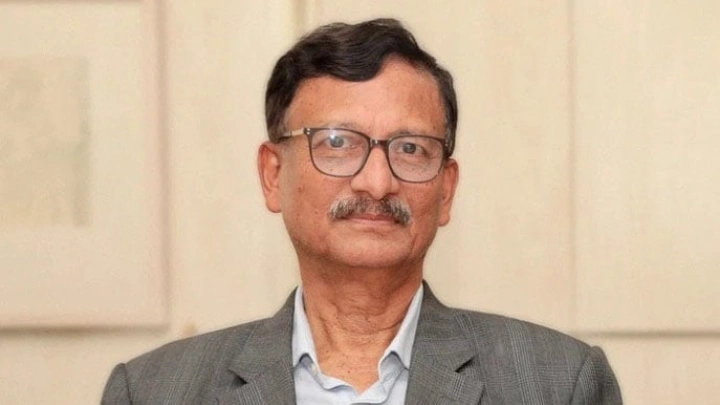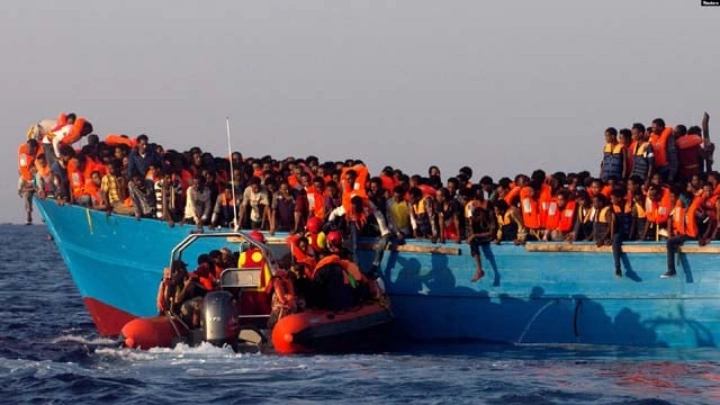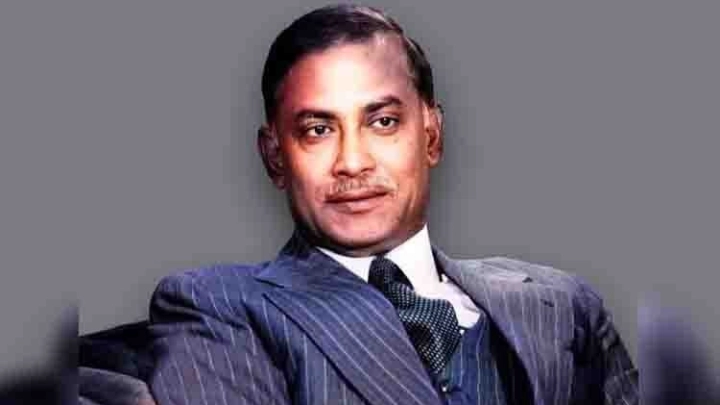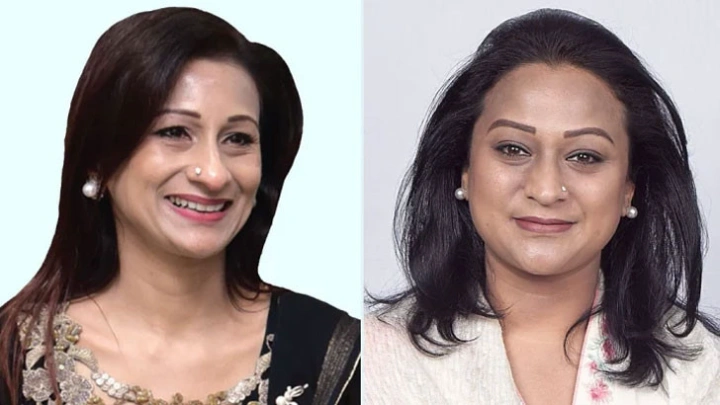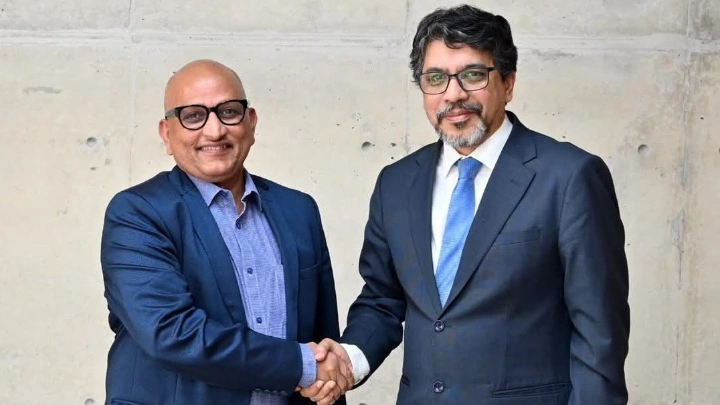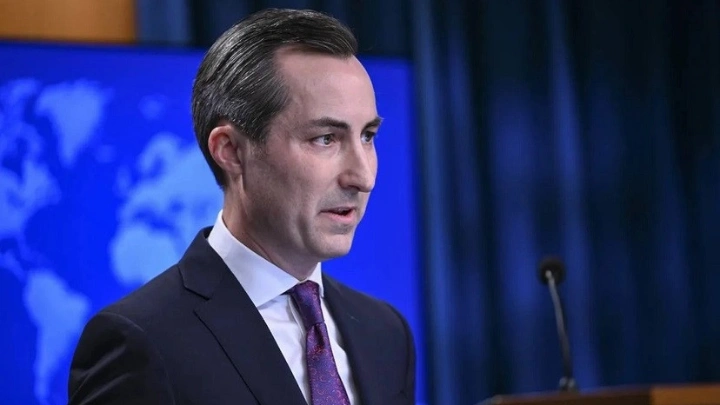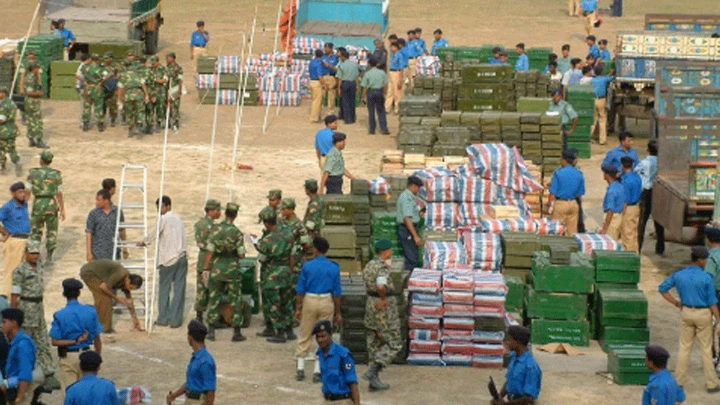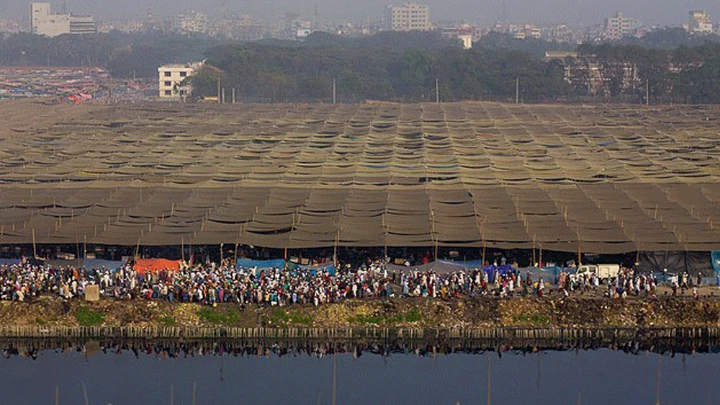Hungary's Prime Minister Viktor Orban wants to send soldiers to Chad to stem migration. Observers say Orban seeks to mimic Russian President Vladimir Putin's growing influence in the continent.
Hungary plans to deploy its troops to Chad
DWnews || Shining BD
Viktor Orban, Hungary's prime minister, is pressing ahead with his plan to station about 200 soldiers in Chadafter meeting Chadian leader Mahamat Idriss Deby Itno in Budapest.
Chad plays a vital role in the campaign against migration from the Sahel region towards Europe, Orban wrote on Facebook.
"Chad is a key country in the fight against illegal migration in Africa. Migration from Africa to Europe cannot be stopped without the countries of the Sahel region. That is why Hungary is building a partnership with Chad. We are working on this today and tomorrow with President Deby," Orban stated.
Bordering Sudan, Libya, Niger, and the Central African Republic, Chad, which as a population of approximately 19 million, occupies a crucial position in the Sahel. This strategic location, coupled with its status as a key Western ally in a volatile part of the world, underscores its significance in the global geopolitical landscape.
What are Hungary's interests in the Sahel region?
Fidel Amakye Owusu, a Ghanaian political and security analyst, told DW that by deploying troops in Chad, Orban, like Russian President Vladimir Putin, has economic interests in the region. The Hungarian prime minister is also trying to score political points at a time when troops from EU member states like France have lost favor and are scaling down on their presence in the Sahel.
"Firstly, we have to look at the pull factors that could attract Budapest to the Sahel or Chad, specifically the abundant resources in the Sahel in terms of oil, uranium, gold, and other resources that are very abundant and are yet to be exploited," Owusu said.
"Like any European country, Hungary is becoming more influential and would also like to have a fair share of Africa's resources. Gold, cobalt, lithium, and other resources are major pull factors that could pull Budapest to the Sahel, and they should not be overlooked."
Observers outside the continent believe that by providing 200 troops, Orban is mimicking Russia's growing influence in West Africa. But while some think the deployment could significantly impact the security situation in the Sahel region, Owusu is skeptical.
"Chad itself is far larger than Hungary and many Western European countries. Therefore, 200 troops may not make an impact," he emphasized. "In foreign policy, we have the symbolical aspect where the state would like to show that it is doing something about the security situation beyond its borders."
Ryan Cummings, a security analyst at Signal Risk in South Africa, told DW that strategies the Sahelian states have used to counter armed non-state actors, usually from a military perspective, have not effectively addressed security challenges in the region.
"Up until now, the strategy by Sahelian countries where they've leveraged off European or Western forces, or whether they've leveraged off Russian forces, focuses on addressing the symptoms and not the causes of these insurgencies or why these terrorist groups are receiving the support that they're receiving," Cummings said.

Hungary's ambitious plans in Africa
Over the past year, Hungary has rapidly developed ties with Chad, opening a humanitarian aid center and diplomatic mission in the capital and signing agreements on agriculture and education.
Hungary has a historically weak presence in Africa, but Orban has championed a foreign policy of opening up to the East and South by seeking closer ties with China, Russia, and African countries. Viktor Marsai, director of the Migration Research Institute, said Budapest has also sought a more significant military role in the Sahel to train its defense forces.
According to Marsai, Hungary has traditionally been "part of military coalitions" when deployed abroad, but this time, it would need to "provide everything by itself." This could pose significant challenges, particularly in terms of resources and coordination.
Since military leaders in West Africa seized power in recent years, nearly all of them have turned to Russia and its Wagner mercenary group for support. Experts and opposition politicians in Hungary have voiced fears that Budapest, which remains close to the Kremlin, might act on Russia's behalf in the Sahel. When questioned about the mission, Hungary's government denied that it "represents Russian or any other foreign interests in the Sahel."
EU 'welcomes' Hungary's deployment in Chad
Despite disagreements with Budapest, the European Union welcomed Hungary's initiative in Chad.
Amid the domestic and regional challenges, "it is important for more international partners to work with Chad," an EU spokesperson told AFP news agency. But at home, the military mission has drawn criticism, with opposition parties branding the deployment "dangerous and wasteful."
The Hungarian government has also been accused of nepotism after French newspaper Le Monde and Hungarian investigative site Direkt36 reported that the premier's only son, Gaspar Orban, had discreetly participated in official negotiations. Budapest dismissed the criticism, pointing to Gaspar Orban's "language skills" and expertise as a captain in the Hungarian army. He has since been appointed a "liaison officer to help prepare the mission in Chad."
With the rest of the Sahel having issues with France, the coming in of the Hungarian forces could communicate more diversified troops to the Sahel, according to Awusu. However, If Hungary is interested in Chad's resources, "then perhaps eventually it will have to contribute more forces to ensure that such interests are well protected," Awusu added.
Shining BD

